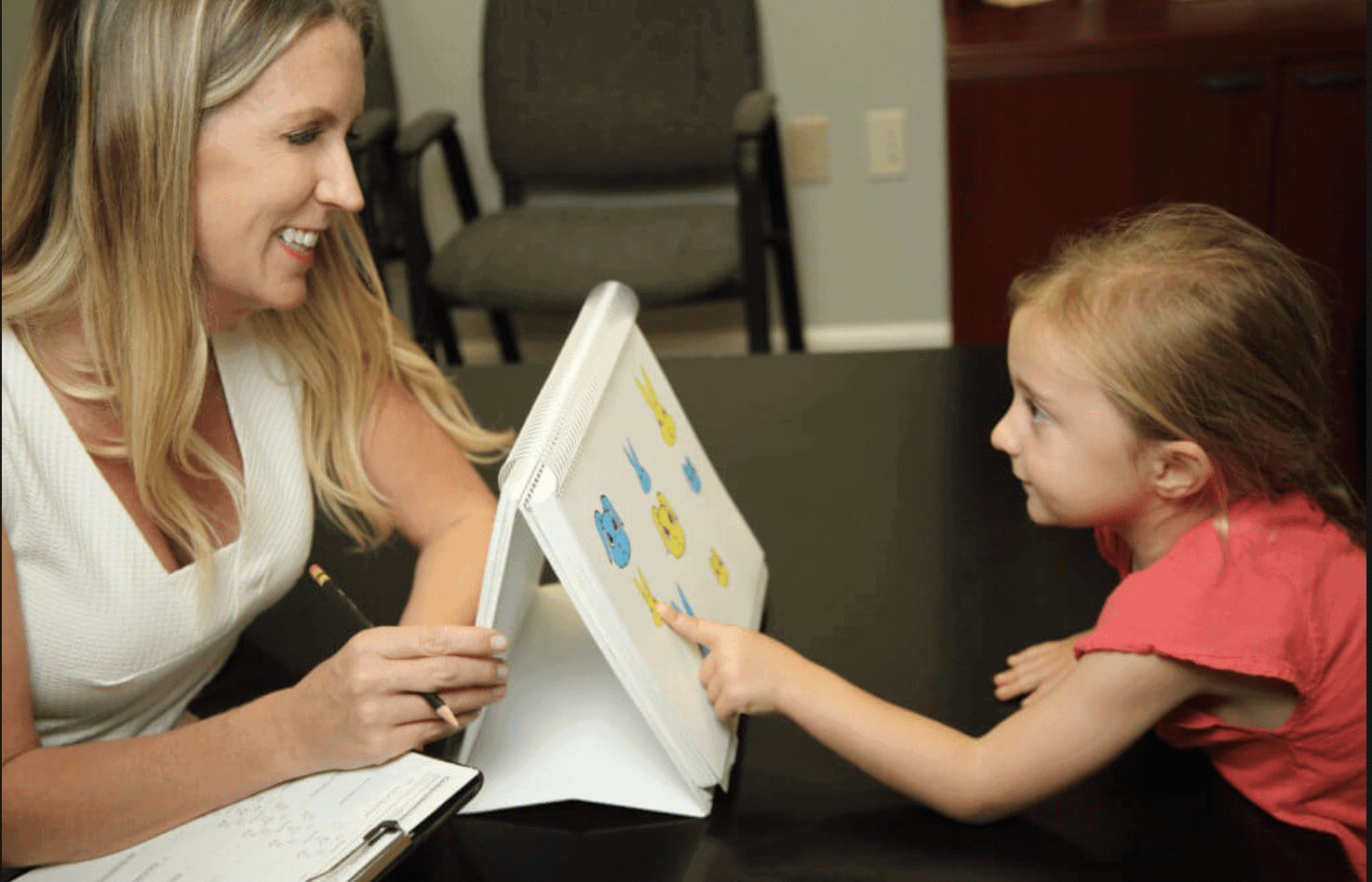Did your doctors request neuropsychological testing for your child? This article will talk about the purpose, procedure, and results of neuropsychological assessment for children. However, to sum it up, neuropsychological evaluations measure cognitive strength and tell you how well the brain functions.
Why has neuropsychological testing been requested for your child?
Your doctors may have requested a neuropsychological assessment for a child for various reasons:
1. Clarify Diagnosis
Some children are referred for neuropsychology testing to diagnose any neuropsychological disorder that your child is suffering. Whatever the reason is, the results of this testing will clarify diagnosis and help your child cope with cognitive problems (e.g., learning and other psychological concerns) via brain training (to address a child’s needs at home and school).
Check the list below that outlines the reasons behind neuropsychological assessment for children:
- Learning disorders/giftedness combined with learning difficulties
- Inattentiveness, hyperactivity, impulsivity
- Executive-functioning weaknesses (planning, organizing, or processing-speed)
- Language/Speech disorders
- Visual-spatial, visual, and fine motor deficits
- Autism spectrum disorder
- Anxiety
- Depressed mood
- Behavioral problems in the home or at school
- Birth conditions (e.g., seizure disorders, epilepsy, traumatic brain injury, brain tumors, acquired or congenital hydrocephalus, premature birth).
2. Measure cognitive strengths and weaknesses
If your child experienced a neurological event or a traumatic brain injury, your doctors might order tests to find how the brain functions have been affected. Neuropsychology testing also indicates if cognitive functions have changed/recovered.
3. Helps Plan Treatment
Neuropsychological assessment results help identify which cognitive abilities to focus on during rehabilitation/brain training sessions (in case of any brain injury). These evaluations also help therapists suggest which skills to strengthen/adjustments to make in your child’s schedule. This ensures that your child has an easy time coping with their cognitive weaknesses.
What Does Neuropsychological Testing Involve?
Usually, a doctor interviews the patient and assesses your child’s cognitive abilities via different exercises. Moreover, testing can be one and eight hours long, depending on the situation. Typically, it only takes two to four hours (with breaks in between). Neuropsychology testing will measure the following:
- Attention span
- Learning ability and memory
- Reasoning and problem-solving
- Visuospatial skills
- Language
- General intellect
- Mood and personality
How can I help my child prepare for the neuropsychological evaluation?
As a parent/guardian, the first thing you have to take care of is – your nerves. Don’t be nervous about your child’s neuropsychology testing. Watching your behavior may make them feel anxious/scared during the assessment. Just follow these steps, and you’ll be good to go:
- Make sure your child gets a good night’s sleep.
- Make a healthy and nutritious breakfast for their child.
- Give your child any medications (if required). Please inform your clinician before you give them the medication.
- Practice exercises (recommended by your doctor) with your child.
What should I bring to my child’s assessment?
Inform your clinician before the assessment if your child needs any visual or hearing aids and bring them with you to the evaluation. You should also make a folder that contains all of your child’s school records (assessment, report cards) and Individual Education Programs (IEPs).
Sources
https://my.clevelandclinic.org/health/diagnostics/4893-neuropsychological-testing-and-assessment
https://childadolescentpsych.cumc.columbia.edu/articles/what-neuropsychological-evaluation
https://www.aafp.org/afp/2019/0115/p101.html


Leave a Comment